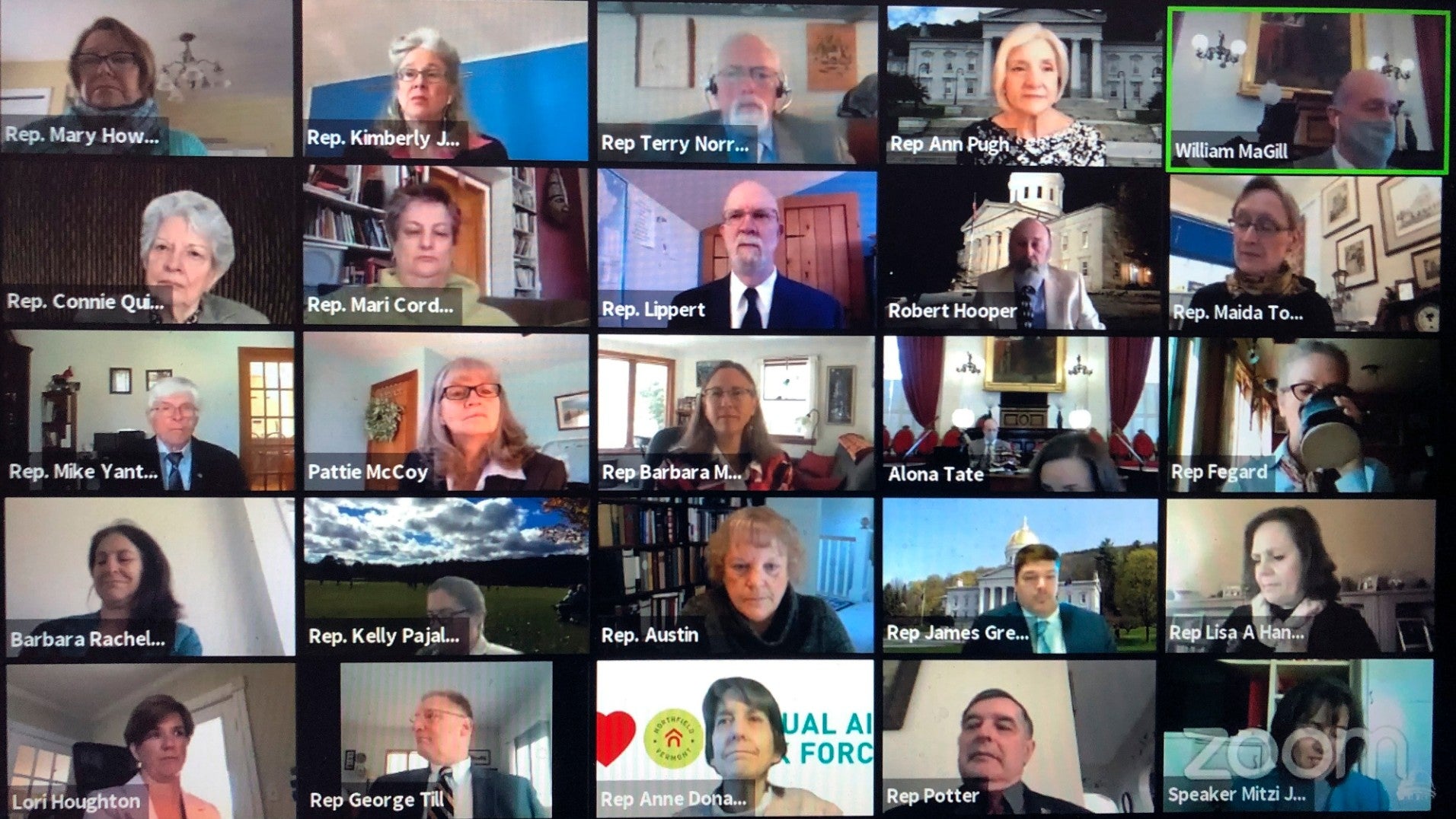Zoom fatigue is something the deaf community knows very well
Zoom meetings. FaceTime calls. Birthday parties, coffee chats, game nights, and happy hours over video chat.


Zoom meetings. FaceTime calls. Birthday parties, coffee chats, game nights, and happy hours over video chat.
As work and life events go remote, people are increasingly sharing the feeling of “Zoom fatigue.” Little do they know they’re experiencing a sliver of what the deaf and hard of hearing undergo every day.
It’s called “concentration fatigue,” a concept audiologists and researchers have expanded on.
“It’s not necessarily persistent fatigue but surely a measurable increase in listening effort,” Mario Svirsky, professor of hearing science at NYU Langone Health medical center, told Quartz. “A little noise in the background can bring you over a tipping point where communication becomes much more difficult and you have to do a lot of work. You may participate in a meeting focusing on everything for the full two hours and, at the end, you are wiped out.”
While virtual interaction can be uniquely taxing on its own, the reasons why people experience it are similar to the reasons why the deaf community encounters exhaustion.
Posts about “Zoom fatigue” mention struggling with non-verbal cues. This frustration is relatable to how hard of hearing individuals have to accurately lipread, view sign language clearly, or get an unobstructed view of faces and body language.
Others point out the stress in understanding what is said with choppy audio, time delays, or pixelated video. The deaf community encounters this difficulty in nearly every setting, like they’re piecing together a jigsaw puzzle.
“If you’re just missing one or two words or a little bit of information, it can have a snowball effect,” NYU Langone postdoctoral fellow Ariel Hight, who has hearing loss himself, told Quartz. “You can imagine that’s going to affect how well you perform in a meeting or with friends.”
“Zoom fatigue” is also about the feeling of always having to be “on.” The endless video calls for work or leisure are exhausting. It’s similar to—but not nearly the same as—how deaf and hard of hearing individuals never stop working in processing sounds, despite the barriers, and translating what they mean throughout each day.
Svirsky added that people surrounded by foreign languages or cultural differences face comparable difficulties and exhaustion.
Some of the advice specifically given to address “concentration fatigue” could be applicable to anyone.
Hight suggested being “proactive with the people you work with about communication.” Cameras should be kept on, with ideal lighting, and maybe supplemented with captioning services. Post-meeting transcriptions can lessen anxiety about taking notes as well. And both Hight and Svirsky stressed something more basic—the power of rest and unplugging to alleviate fatigue.